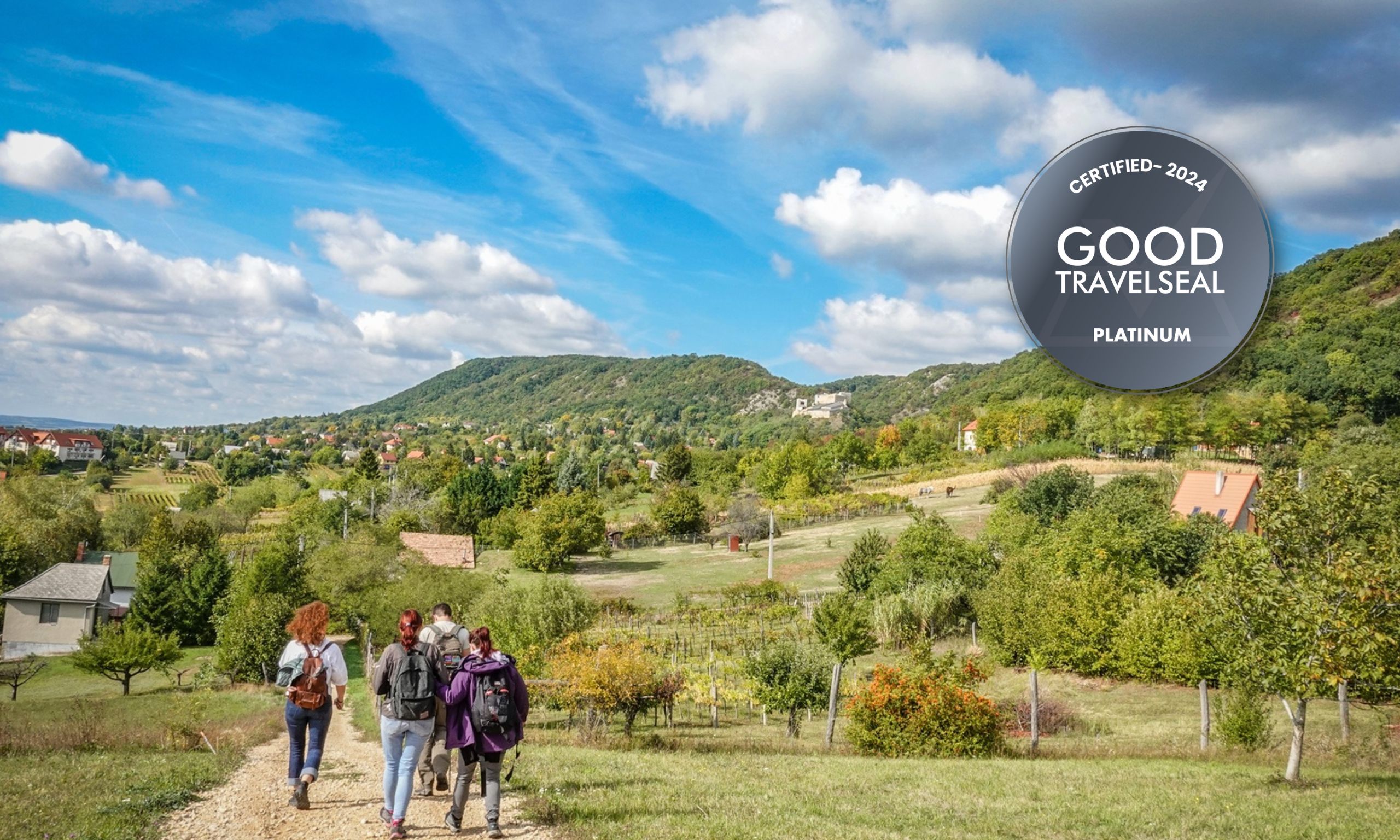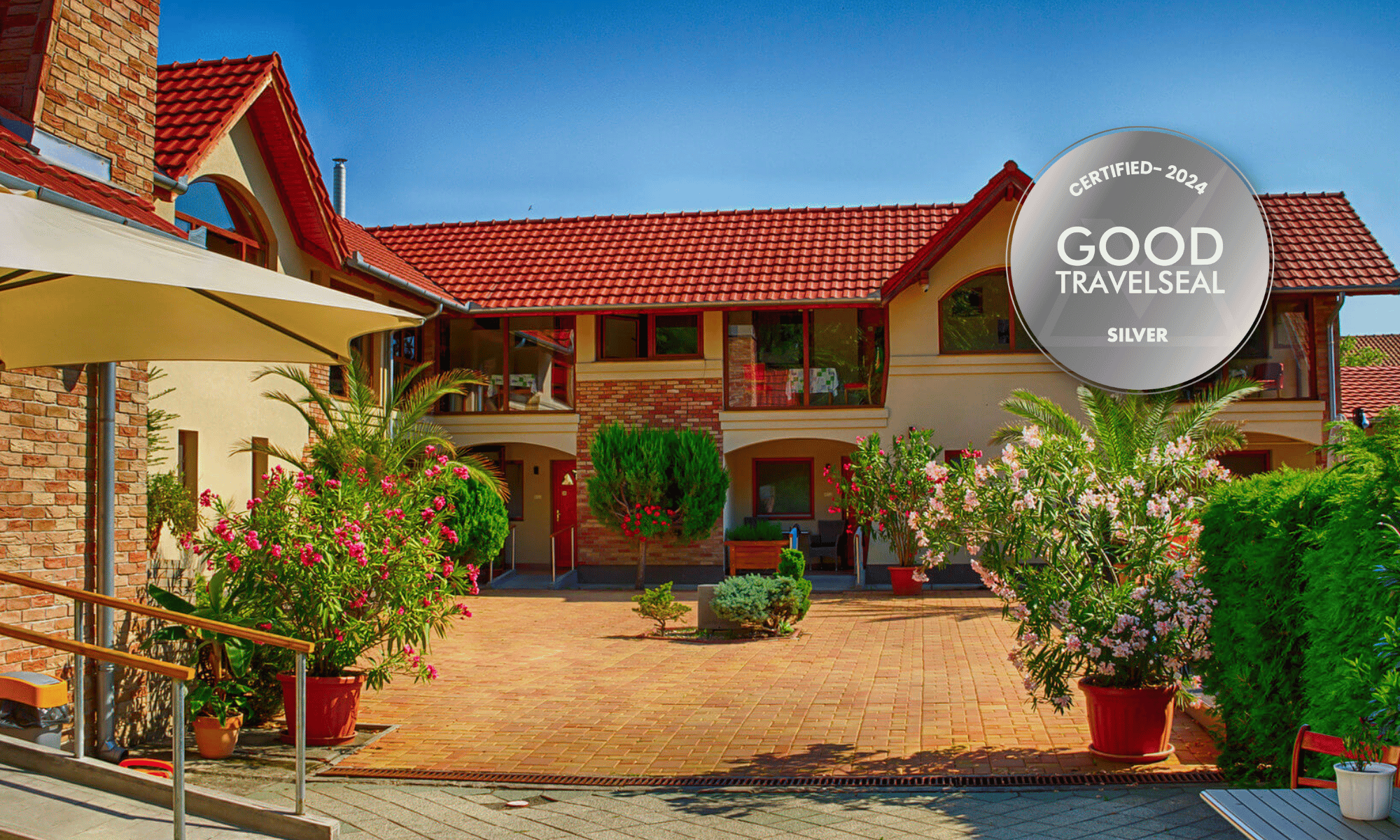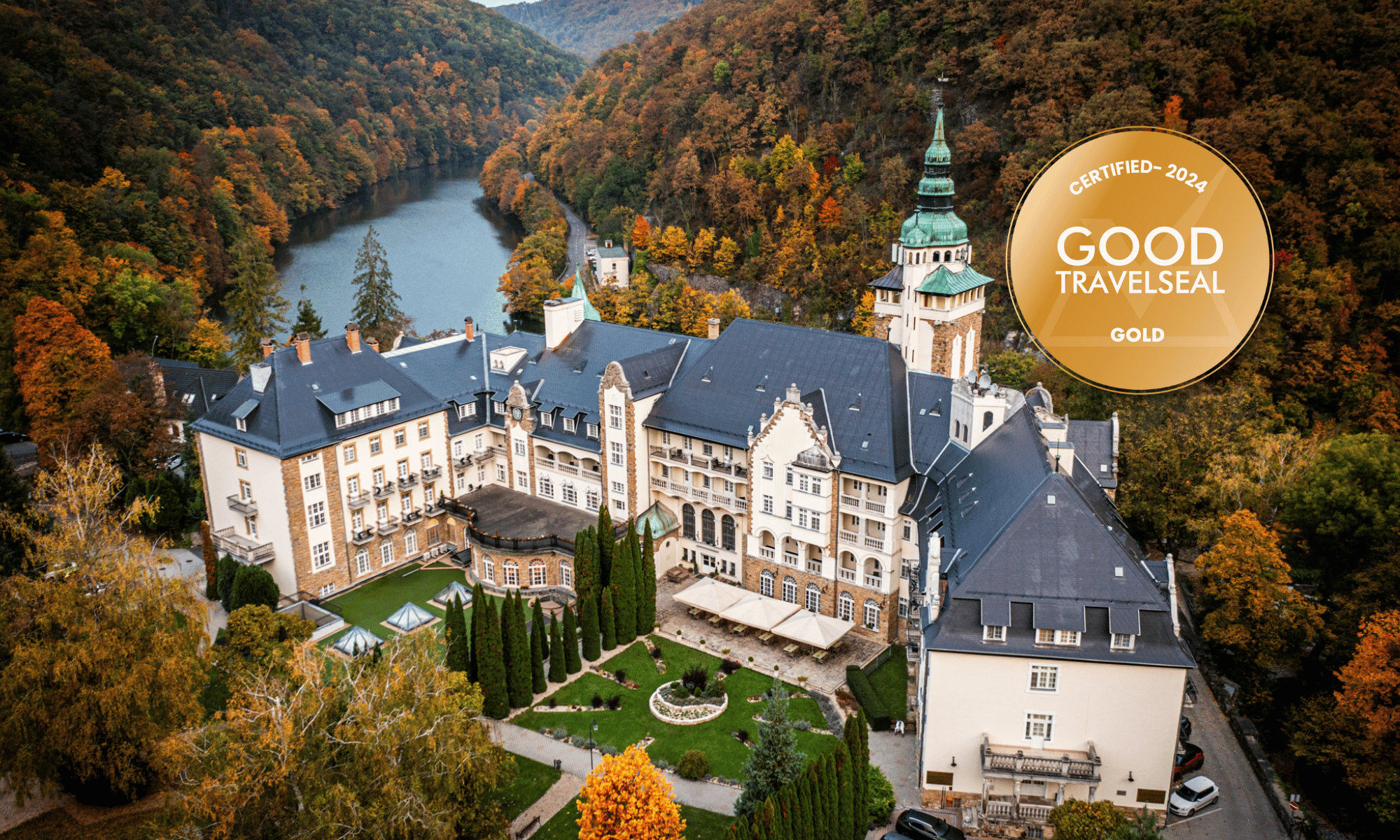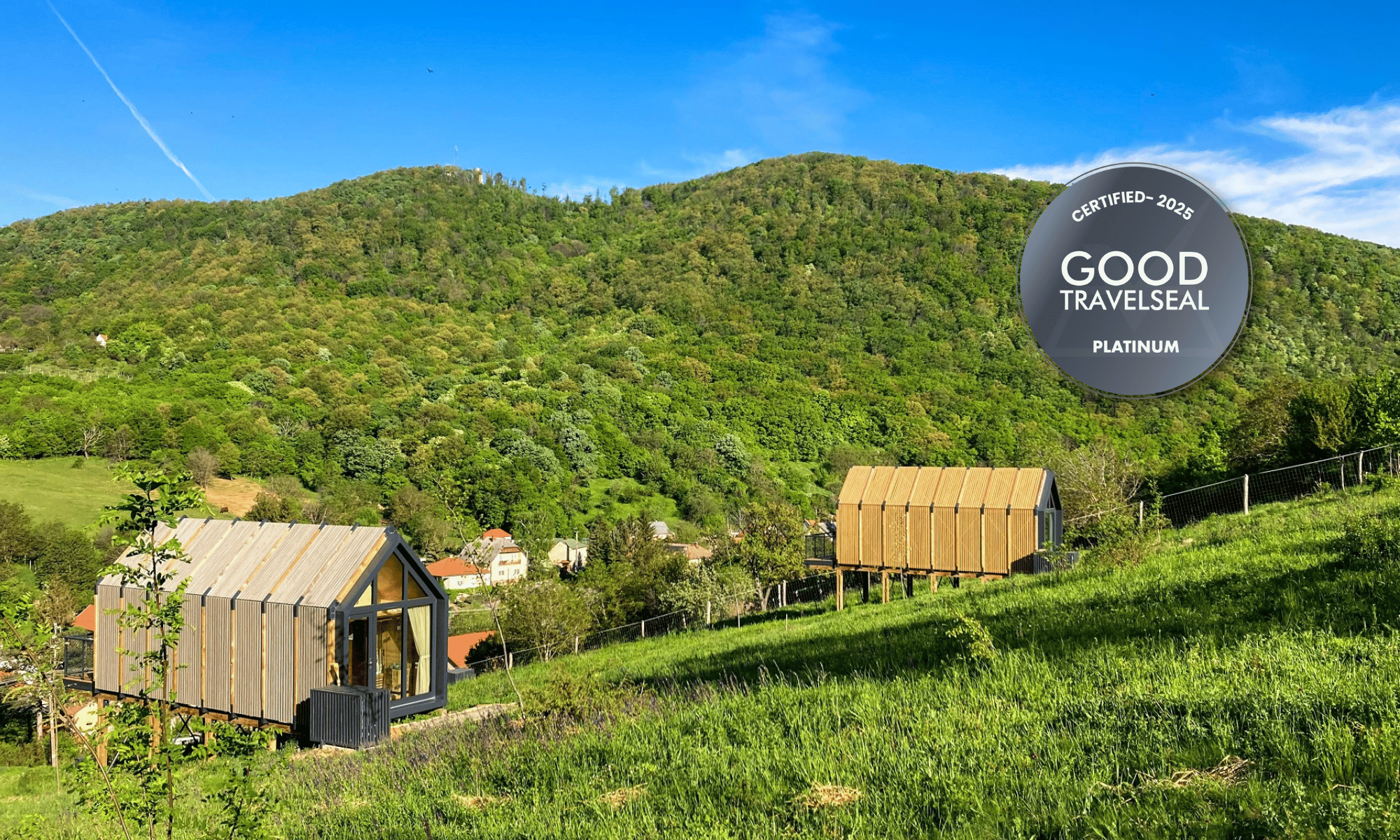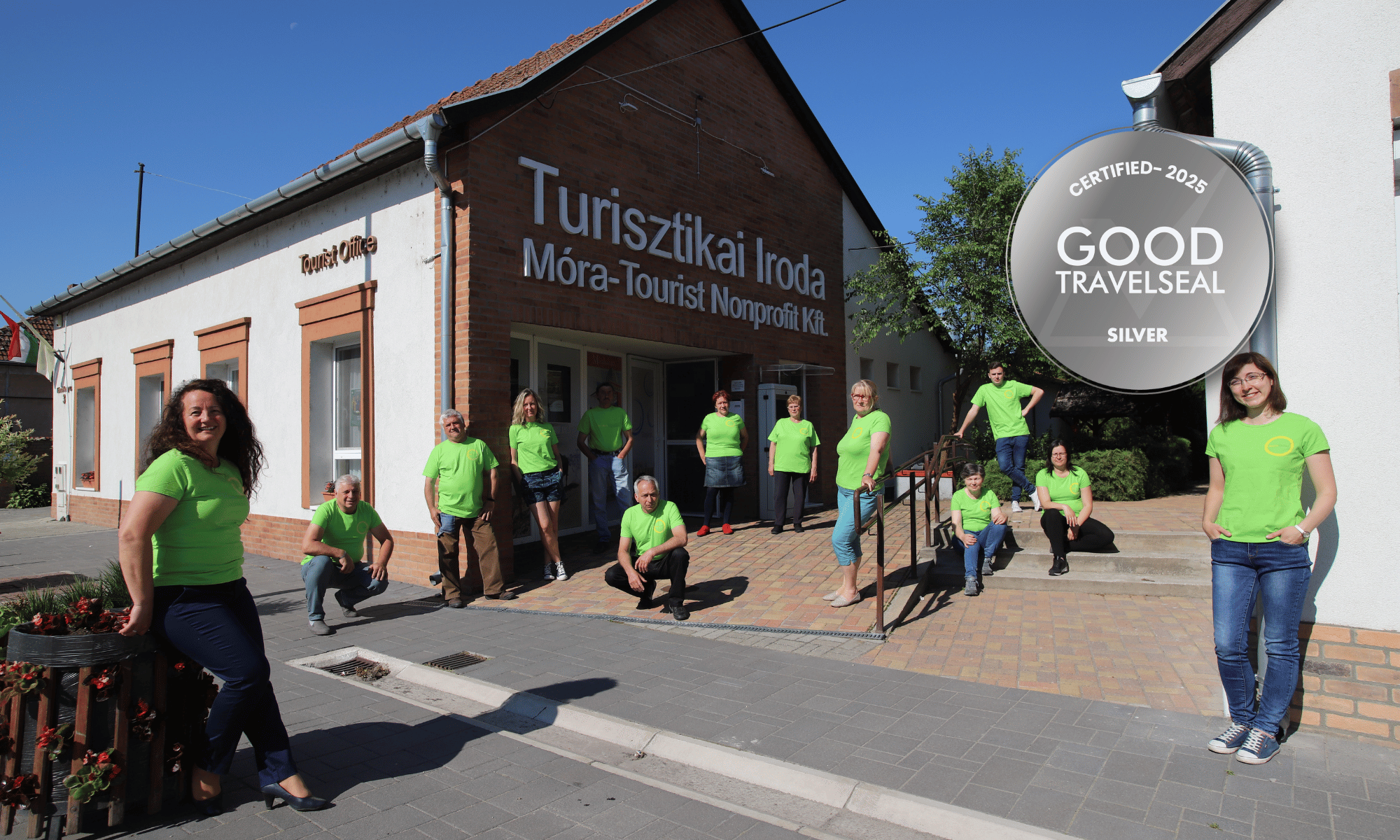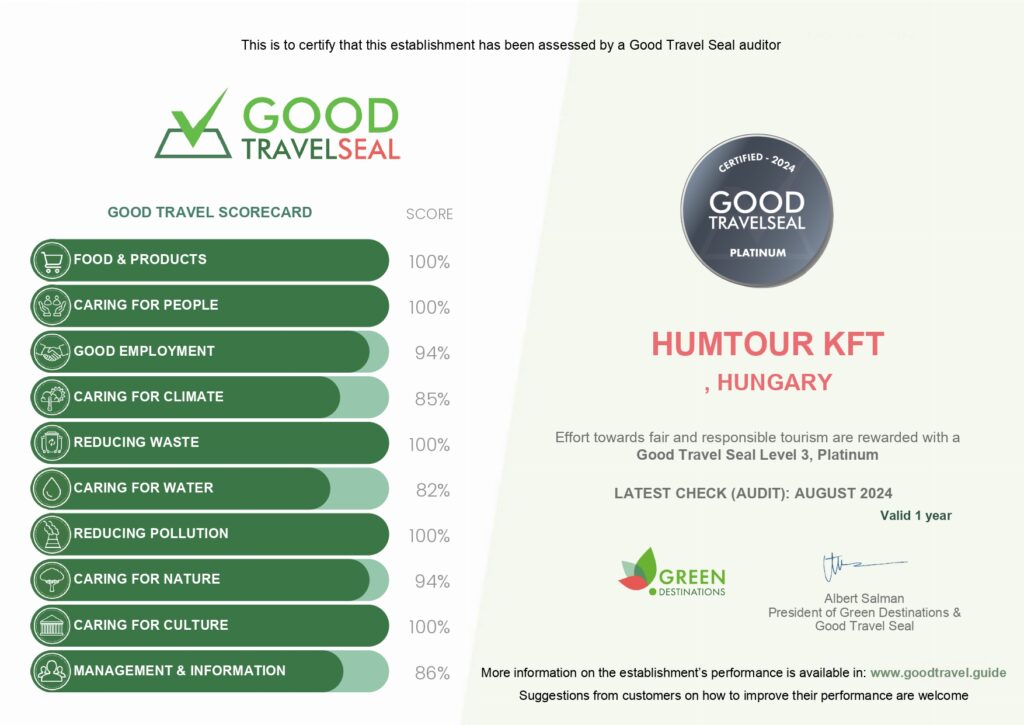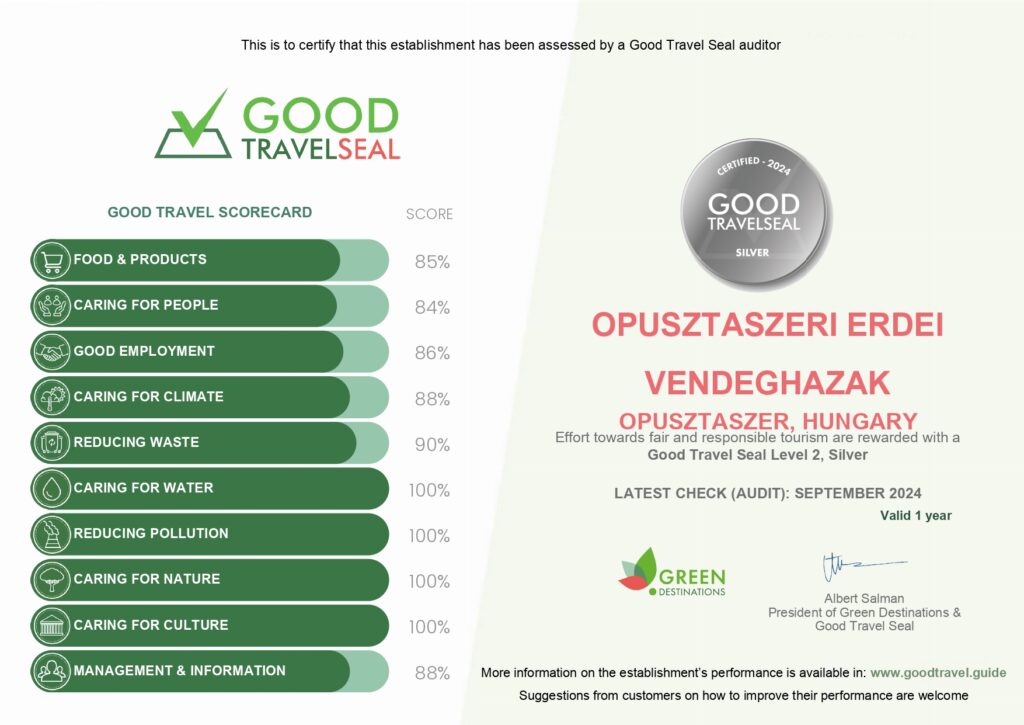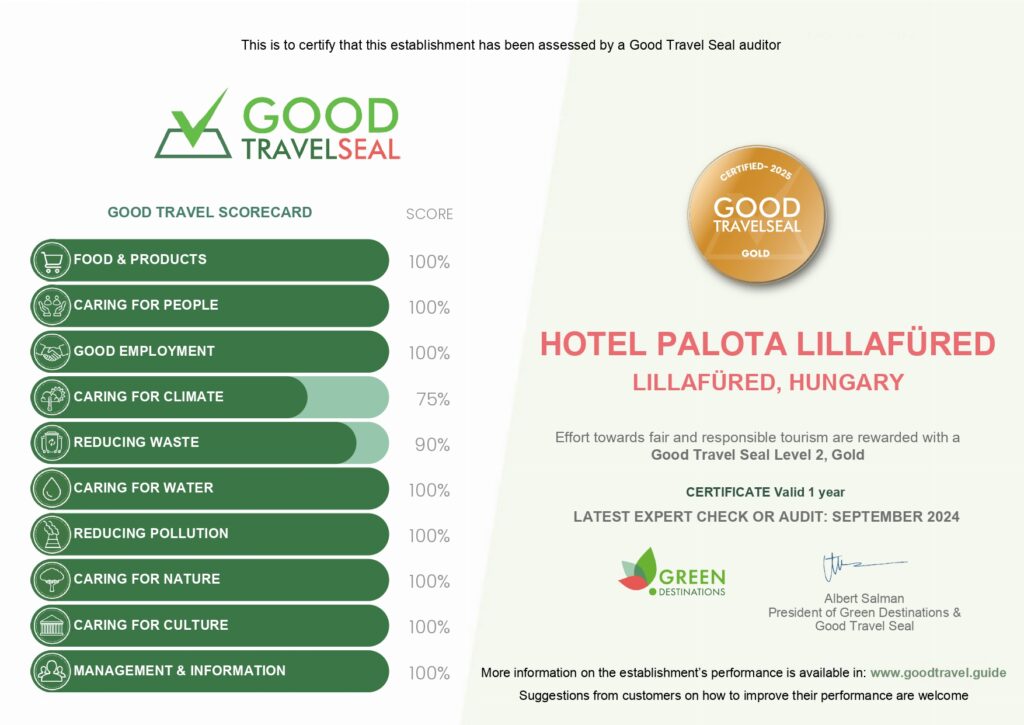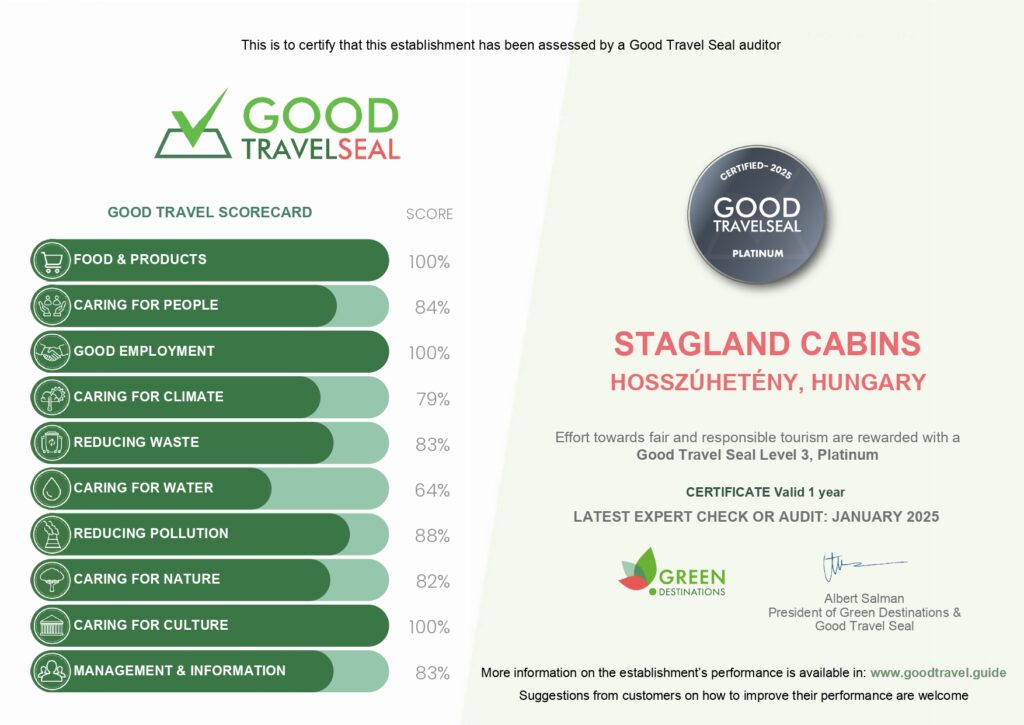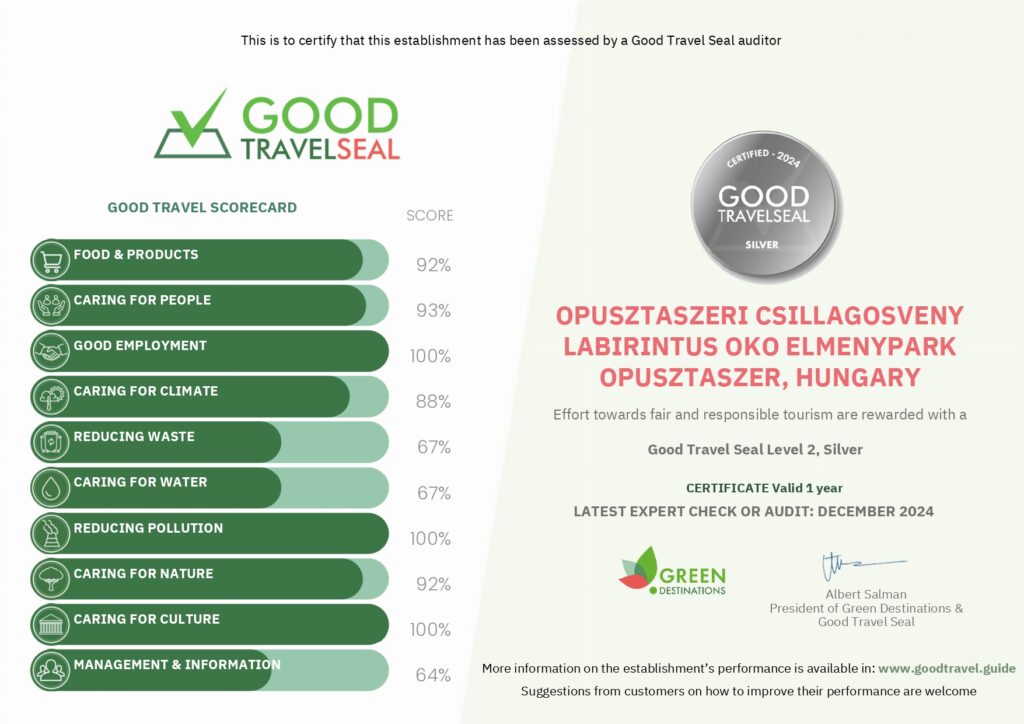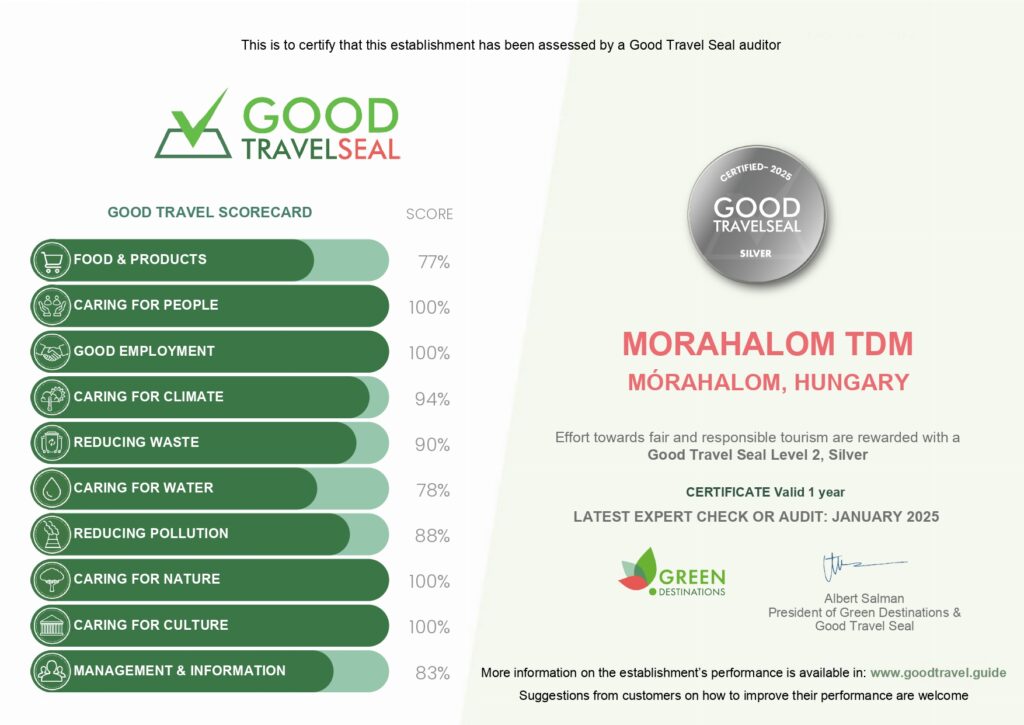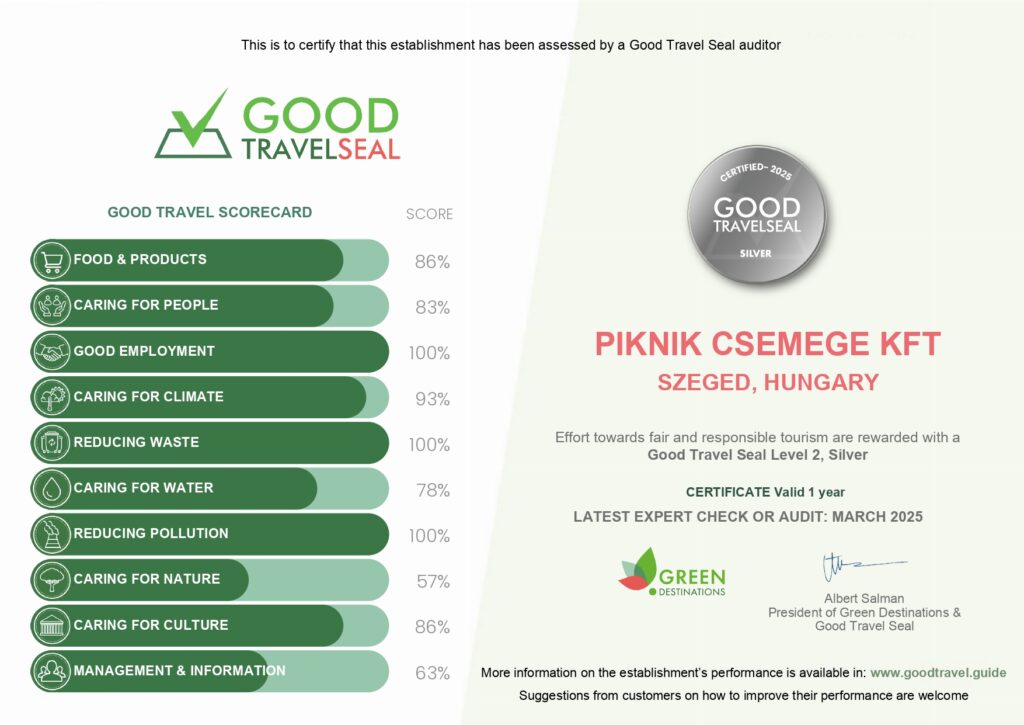Hungary

Hungary, nestled in the heart of Central Europe, invites visitors with a rich tapestry of history, culture, and natural beauty. Budapest, the capital, captivates with its stunning architecture, thermal baths, and vibrant nightlife along the Danube River. Beyond the city, Hungary boasts charming towns like Eger and Pécs, each with its own unique character and historical treasures.
The country’s thermal spas, such as those in Hévíz, offer relaxation in natural settings. Hungary’s culinary scene is a highlight, with hearty dishes like goulash and tasteful pastries like chimney cake. Whether exploring medieval castles, enjoying the thermal baths, or savoring local delicacies, Hungary promises a diverse and immersive travel experience that leaves a lasting impression.
Not sure where to go?
Explore the options for a responsible trip
GOOD PLACES TO VISIT
Explore destinations that were awarded for their sustainability efforts
GOOD TRAVEL BUSINESSES
Discover accommodations, restaurants, shops and activities that are committed to sustainability. Their efforts are summarised in a SCORECARD (click on the picture). For the Good Travel Seal, the higher the number of stars or the level (level 3 is the highest), the more aspects of sustainability are checked by an independent auditor.
- Accommodations
- Restaurants
- Activities
- Others
Humtour - Rural Adventures
Good Travel Seal Level 3
Humtour LLC offers gourmet programs and impactful travel experiences around the unspoilt Hungarian countryside. We believe that the negative effects of tourism can be minimized and that the advantages of ecotourism can outweigh the negative ones. It can help to preserve traditions, raise awareness of the values of the natural environment and hence can increase people’s consciousness of the visited area and support the local communities. Hungary has countless hidden, but all the more picturesque corners, interesting and valuable traditions, natural treasures waiting to be discovered and explored. What’s more, by making our destinations accessible by train and bus, we’re also saving the planet and enjoying a more climate-conscious holiday. Join us on beaver safaris, canoe-trips to the bird sanctuary, mushroom foraging tours with certified inspectors, cheese making and handicraft workshops, bicycle tours in beautiful natural settings, wine tastings and home cooked meals on a family farm and other adventures.
Erdei Vendégházak - Ópusztaszer
Good Travel Seal Level 2
A romantic weekend for couples in love, a family long-weekend with children and grandparents, a getaway with a group of friends, an outsourced workplace or a conference venue? At Ópusztaszeri Erdei Vendégházak, we can say YES to all of them!
Extra comfortable hotel beds, a sauna, a heated jacuzzi, the green forest invites our guests to take a romantic walk.
Own playground, giant sandpit, leafy terrace, children’s library and indoor play area, bicycles, and nearby the Csillagösvény and the Historical Memorial Park of Ópusztaszer can provide a perfect program for those arriving with children.
For groups of friends, in addition to the sauna and jacuzzi, we also offer the possibility of joint baking and cooking, but they can also taste excellent food and drinks in the area. For those who want to work, a stable internet connection, team-building training offers, and a large community space give the opportunity to implement big ideas. We offer an experience all year round!
Hotel Palota Lillafüred
Good Travel Seal Level 2
The Hotel Palota Lillafüred is one of Hungary’s most iconic architectural heritage sites, built in the late 1920s. The building and the fabulous natural environment surrounding it are an incredible asset, an exceptional gift and a responsibility.
Almost a century old neo-Renaissance castle hotel with its fireplaces, stained-glass windows and tower rooms guarantee a unique atmosphere, while the fairytale surroundings guarantee unforgettable experiences.
StagLand Cabins
Good Travel Seal Level 3
Stagland Cabins – A Sustainable Retreat in Hosszúhetény
Nestled in the scenic Mecsek Mountains, Stagland Cabins in Hosszúhetény offer a tranquil, eco-friendly escape for nature lovers. These award-winning cabins seamlessly blend modern comfort with sustainability. Guests can unwind in a private hot tub and Finnish sauna, surrounded by pristine forests and breathtaking views.
Committed to green tourism, Stagland Cabins prioritize energy efficiency, water conservation, and zero-waste initiatives. Locally sourced materials, eco-friendly amenities, and sustainable heating solutions ensure a minimal environmental footprint. The property also supports reforestation efforts and biodiversity conservation, including the 10 Million Trees project.
Perfect for hikers, cyclists, and those seeking relaxation, Stagland Cabins provide detailed guidance on local attractions, gastronomy, and cultural experiences. Whether exploring the nearby Zengő Peak or enjoying a peaceful retreat, guests can immerse themselves in nature while embracing a responsible travel ethos.
Csillagösvény Labyrinth Adventure Park
Good Travel Seal Level 2
Located next to the National Historical Heritage Park in Ópusztaszer, the Csillagösvény Labyrinth Eco Adventure Park offers unforgettable experiences for all ages. Our 3.5 km hedge maze, the third largest in the world, features a stunning design of the legendary Miraculous Deer, visible even from satellites.
Visitors can enjoy a variety of activities: children will love the unique sand factory and traditional folk games, while older guests can challenge themselves with our one-of-a-kind logical carpet mazes. For families and groups, the question-filled hedge maze provides both fun and learning. Active visitors can play football, engage in number wars, or try “turul,” an ancient Hungarian ball game.
Perfect for families, couples, and groups of friends, we welcome everyone to enjoy this eco-friendly destination in the heart of Hungary.
Móra-Tourist Nonprofit Kft.
Good Travel Seal Level 2
The Mórahalom Tourist Office, as a local TDM organization, showcases the town’s unique values to visitors. Mórahalom is a charming spa town offering the perfect blend of relaxation and adventure. Known for its therapeutic waters, visitors can unwind in healing thermal baths, while the Buffalo Reserve provides a unique chance to observe these majestic animals. The “Park of a Thousand Years” brings Hungary’s architectural symbols and historical monuments to life across two hectares. Local culinary delights, including the famous Rózsa strudel, add to the experience. Our tourism is deeply connected to sustainability, ensuring future generations can continue to enjoy these treasures.
Sustainability
Hungary is nowadays increasingly prioritizing sustainability, with a focus on both environmental conservation and responsible tourism practices. The country is making strides in renewable energy, exploring options such as wind and solar power to reduce its carbon footprint.
Furthermore, initiatives promoting eco-friendly transportation, waste reduction, and energy efficiency are gaining momentum. Hungary’s national parks, including the Hortobágy Puszta, highlight conservation efforts, preserving unique ecosystems and wildlife. Sustainable tourism practices, such as promoting cultural heritage and supporting local communities, are also being encouraged.
GOOD PRACTICE STORIES

Get inspired with stories from places and people that are acting for a fair and responsible tourism
Esztergom
For the last two centuries, unregulated street trading has been a temporary but prolonged activity, leaving local producers and traders in the background in the competition for customers with supermarket chains. An important role in designing and operating the new Esztergom Market was to create a likable and functional commercial center as well as a community space, which would continue the classic market function, bring back the growth potential of local producers or entrepreneurs, and serve the demand of tourists coming to the city. To ensure that the Market will be accessible to everyone special transport was organized for the elderlies.
Sárvár
To reduce the negative impact of increasing tourism on the environment in Sárvár, a GoGreen application with tips for environmentally friendly travel was made. Now the app is available in six languages.
Tokaj Borvidék
From 2020 to 2022, Tokaj Borvidék carried out a village development project on the historic main street. One of the project’s key outcomes was the replacement of overhead power lines with underground cables and the installation of 25 stork nesting poles in place of the old electric poles. These nesting poles provide safe nesting sites for returning stork pairs, protecting them from the risk of electrocution. This solution positively impacts the stability and long-term survival of the local bird population.
Veszprém
When Veszprém was designated European Capital of culture, the decision was made to address all abandoned sites, of which the Balaton Furniture Factory. The challenges were immense withno exisiting infrastructure, social disconnection and seasonality. It was transformed into a cultural hub , diversifying the activiies and services to reach a wider rage of visitors and engage more local businesses. From hosting concerts , to ice skating rinks , incorporating green infrastructure, the transformation of this abandoned site had flourished the cultural scene of Veszprém , setting a sustainable model for other destinations.
Tourism & People
Tourism in Hungary plays a vital role in the country’s economy, contributing significantly to its GDP. In 2019, Hungary welcomed over 31 million international tourists, with the sector generating approximately 13.6% of the total GDP.
Budapest, the capital, is a major draw, accounting for a substantial portion of tourist arrivals. The city’s thermal baths, historic landmarks, and vibrant cultural scene make it a popular destination. While Hungary attracts visitors from around the world, a significant portion comes from neighboring countries, with Germany, Austria, and Slovakia being key source markets.
The Hungarian people are known for their hospitality, and English is commonly spoken in tourist areas, enhancing the overall visitor experience. The diverse attractions, from the Danube River to historic castles and wine regions, contribute to Hungary’s appeal as a multifaceted travel destination.
Travel tips from our editors
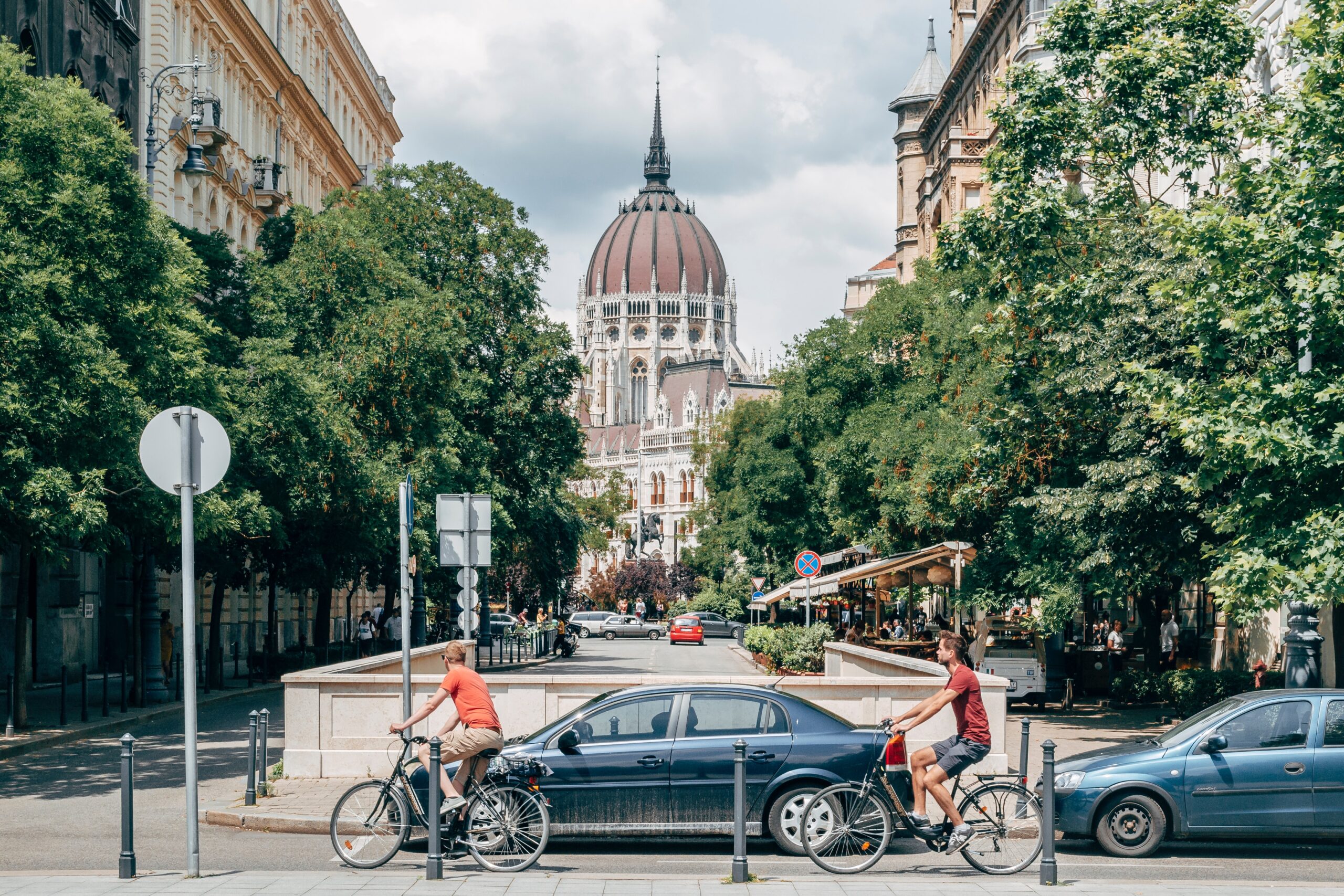
Getting around
Hungary is convenient and offers various transportation options. The country has a well-developed public transportation system, including trains and buses that connect major cities and towns. Budapest, the capital, has an efficient metro and tram system, making it easy to navigate within the city. Hungary’s compact size and efficient transportation infrastructure make it accessible for travelers, providing a range of options to suit different preferences and travel itineraries.
Nature & Wildlife
Hungary takes pride in its extensive network of protected areas, encompassing one-tenth of its land. The country boasts ten national parks, thirty-six landscape-protected areas, and over 140 nature-conservation areas, showcasing diverse landscapes and rich biodiversity. Notable sites include Aggtelek National Park, home to Europe’s largest stalactite cave, and Balaton Uplands National Park, featuring six distinct landscapes and a bird-rich wetland in Kis-Balaton.
Bükk National Park, Hungary’s largest, highlights biodiversity and unique karst formations, while Danube-Ipoly National Park spans diverse regions, known for limestone karst formations and caves. With around 400 bird species and 160 butterfly species, Hungary’s protected areas make it a haven for nature lovers and contribute to its significance as a vital migration stopover for birds.
Sustainability Recognitions
Brazil has 9 destinations featured in the Top 100 Sustainable Destinations 2021.
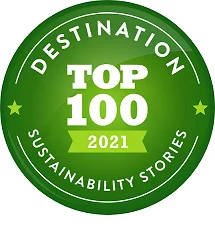
Other sustainability certifications can be seen here (English) and here (Portuguese).

Fernanda Rodak | Page Editor
“Brazil is a worldwide known hotspot for biodiversity as well as home to a multitude of cultural expressions. The natural and cultural heritage and immense variety of tourism experiences in the country are valuable assets for its competitiveness. Yet, as we envision a post Covid-19 era, sustainability in tourism becomes crucial to build resilience and guarantee the long-lasting health of Brazil’s ecosystems and well-being of the hosting communities. This would also ensure an active contribution of the country’s tourism sector to the Sustainable Development Goals.”
Visit other destinations nearby?
Get in touch
Support
We are a multicultural, creative and dedicated team working to promote sustainable tourism. Join us in our fight against the climate crisis, single-use plastics and over-tourism!

